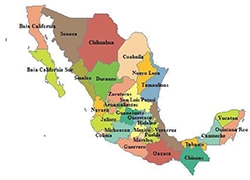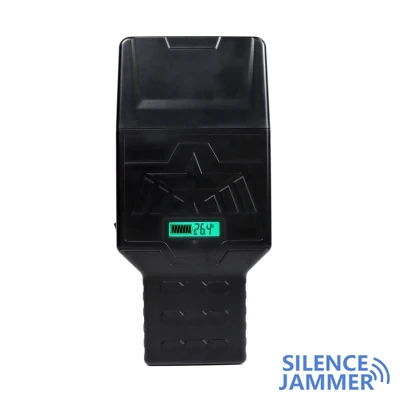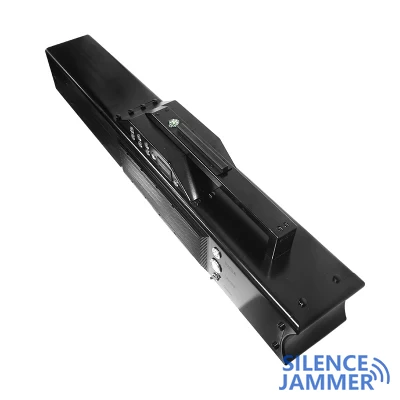A large number of cell phones flow into prisons
Illegal cell phones are rampant in Mexico City prisons. Over the past decade, more than 21,000 mobile devices have been seized in the capital's major prisons.
Even in the "diamond cabin", the most secure prison module, more than a thousand mobile phones were seized. This cabin holds Mexico City's most dangerous prisoners, including murderers, extortionists and kidnappers.
However, these seized mobile phones are just the tip of the iceberg, and a large number of mobile phones may still be undetected and continue to be used by prisoners.
Old jamming devices are difficult to effectively block signals
Although cellphone signal jammer was installed in the capital's prisons as early as six years ago, attempts to extort money from mobile phones continue to rise. According to a report by the Mexico City Citizens' Commission, the city recorded 354 cases of telephone extortion in 2010, and by 2016, that number had risen to 911, with the vast majority of phone extortion originating from the capital's prisons.

Even in the so-called "diamond cabins," mobile phones continue to circulate freely, allowing criminals to continue their criminal activities.
Authorities shirk responsibility for signal jammers
In 2010, the Mexico City Federal District government announced that it would invest more than 24 million pesos to install mobile phone signal jammers in the city's prison centers, and began implementation the following year.

However, six years later, the authorities are at a loss as to the status and responsibility of these devices. The Mexico City Government Secretariat said that it had purchased 155 phone signal jammers from Software DSI SA de CV for more than 24 million pesos in 2011, but when asked about the specific operation, maintenance status and failure records of these devices, the agency said it was unaware of this and believed that these issues fell within the scope of the federal government's responsibility.

Responsibility dispute between the federal and local governments
In the face of the Mexico City government's shirking of responsibility, Animal Politics sent a request for relevant information to the federal government. However, the Administrative Agency for Prevention and Social Rehabilitation (OADPRS), which is responsible for the national prison system, also denied responsibility for the management of these devices, making it clear that the prison jammers in the capital's prisons are not under the jurisdiction of the federal level and have nothing to do with their operation, and emphasized that the responsibility should be borne by the Deputy Minister of the Prison System.
This situation of mutual shirking has made the management of prison signal jammer equipments in Mexico City ineffective, causing these devices to fail to function properly, and thus the problem of mobile phones in prisons continues to worsen. Despite the huge resources invested by the authorities, the effectiveness of these devices remains questionable in the absence of clear responsibilities.




